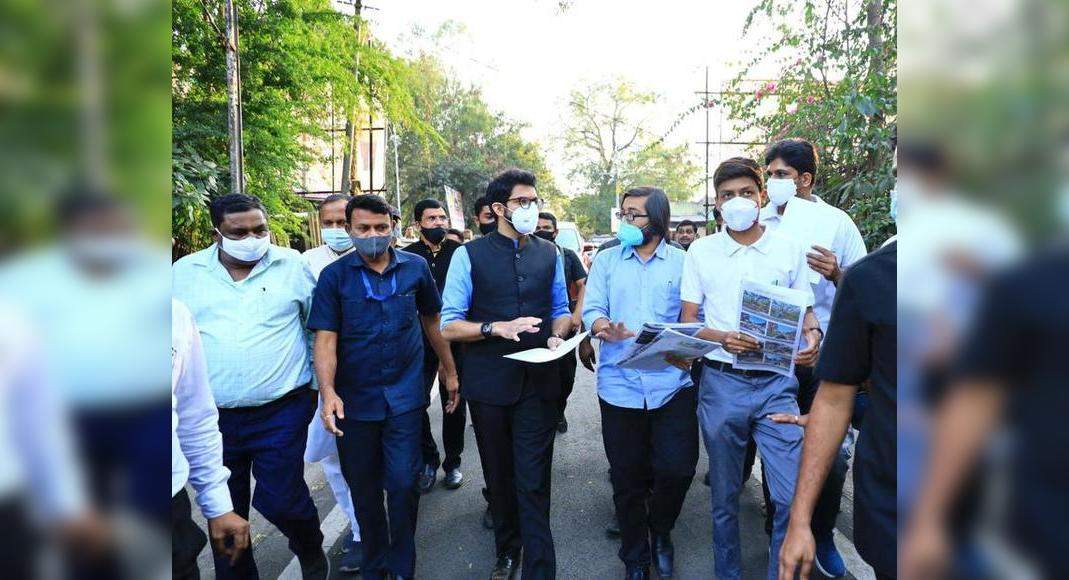World zoonosis day is observed on July 6 every year.
Covid-19 is a perfect example of zoonotic diseases that spread from animals to humans.
This year’s theme is ‘let’s crush the zoonotic transmission chain’ facts zoonosis – zoonosis | Distribution of infectious diseases from animals to humans – Types | More than 200 types of known zoonosis – Reverse Zoonosis | The spread of infectious diseases from humans to animals – new diseases | About 75% of new diseases come from animals – Source | Humans can get the zoonotic virus from pets, livestock, because of hunting and slaughtering # general zoonosis – bird flu | Found in chicken and wild birds; Transmitted through contact close – swine flu | Found in pigs; Transmitted through contact close – Ebola | Found in monkeys; Transmitted through contact lid – rabies | Found in mice and mice; Transmitted through mouse bite – Diarrhea | Viruses, bacteria are transmitted through raw and cooked meat – Nipah virus | Found in primates and mice; Transmitted through Contacts – Leprosy | Found in mice, monkeys and rabbits; Transmitted through direct contact # Prevention – Be careful when handling animals – Wash hands with soap and water after touching animals – Wear protective clothing to prevent bite of fleas, fleas and mosquitoes – Food stores correctly – Avoid sharing food with animals – Keep a pet bowl Clean to avoid microbial breeding # Research Two collaborative research projects begin to carry out epidemiological supervision of certain zoonosis in Central India, several results – in animals | Seropositivity for Listeriosis (7.66%) and Brucellosis (11.69%) Recorded – In Humans | Brucellosis Seropositivity (1.83-11%), Listeriosis (1.01-10.18%), Leptospirosis (8.14-12.67%) and Typhus Scrub (1.78-20.34%) Records – Typhus Scrub | Bimodal patterns during pre-monsoon and post-monsoon months with post-monsoon peak in human cases recorded – TB | Bovine Tuberculosis Detected in 1.43% of human cases using Molecular Assay # National Institute One health study shows zoonotic diseases that affect animal and human health – Indian Medical Research Council and Indian Agricultural Research Council to establish the National Institute of One Health at Nagpur Immediately – NIOH to be developed to serve as a national leader in Zoonosis – Institute will be a tank thinking for ‘health’ that involves animals, humans, wildlife and the environment – it will provide inter-sectoral and disciplinary approaches to supervision, response, research, Development of capacity and advocacy / communication for prevention and control of NIOH straight talk zoonosis can develop skilled workers in various zoonotic aspects where participants from the field of veterinary, medical and other allies will participate as part.
Building Program Capacity Sandeep P Chaudhari | Professor, Nagpur Veterinary College Text: Chaitanya Deshpande




